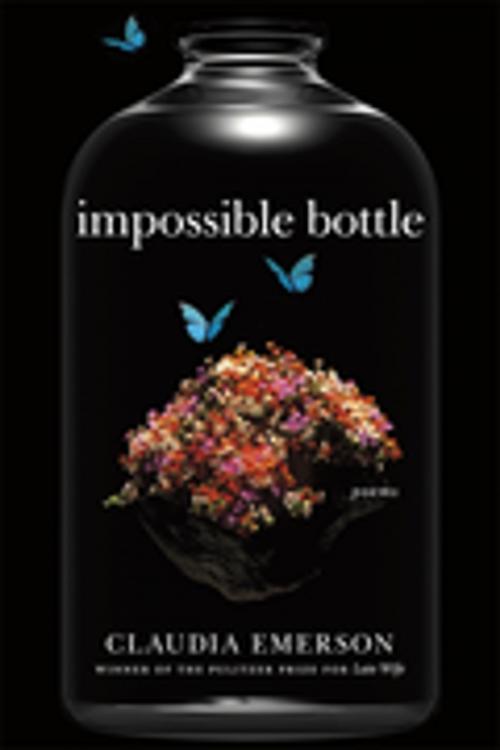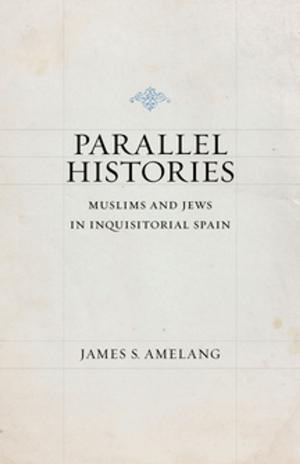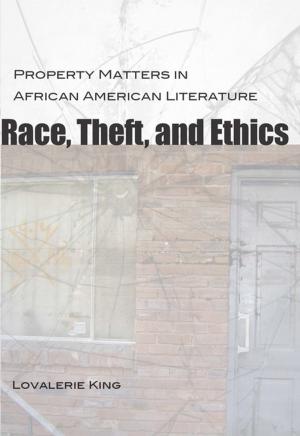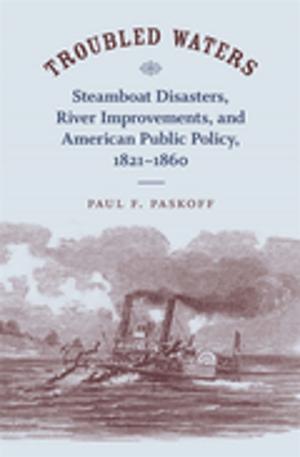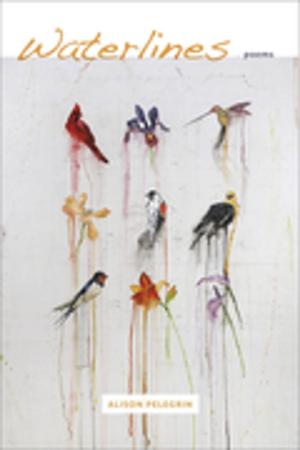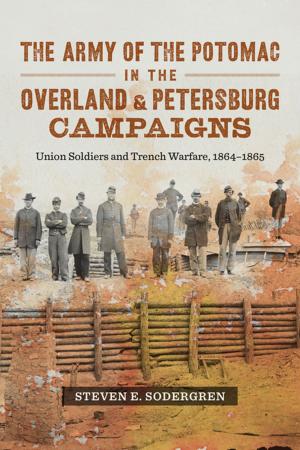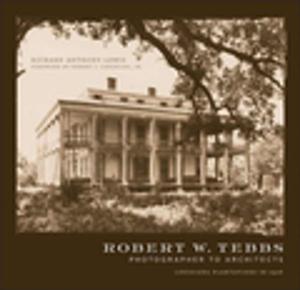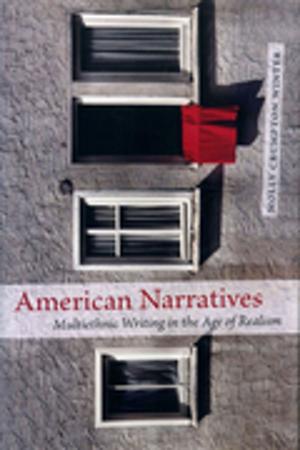| Author: | Claudia Emerson | ISBN: | 9780807160855 |
| Publisher: | LSU Press | Publication: | September 9, 2015 |
| Imprint: | LSU Press | Language: | English |
| Author: | Claudia Emerson |
| ISBN: | 9780807160855 |
| Publisher: | LSU Press |
| Publication: | September 9, 2015 |
| Imprint: | LSU Press |
| Language: | English |
Claudia Emerson published six poetry collections with LSU Press, including Late Wife, Secure the Shadow, and The Opposite House. A professor of English and member of the creative writing faculty at Virginia Commonwealth University in Richmond, Emerson served as the poet laureate of Virginia and won numerous awards for teaching and writing—including the 2006 Pulitzer Prize for Poetry—before her death in 2014.
This posthumous volume of poetry from Pulitzer Prize winner Claudia Emerson explores the suspended state of existence that illness imposes upon its sufferers—what she calls the “impossible bottle.” With a strong will and a self-deprecating awareness of the instinct to seek meaning in metaphor, she confronts the indignities, fears, and moments of grace in a struggle with cancer. Her poems forge unlikely connections between the present reality and memories of the past, such as an MRI scan conjuring up images of a June expedition through a tunnel under a Maryland mountain.
Rooted equally in the sterility of the hospital and the vitality of the natural world, Impossible Bottle mines the trappings of illness, showing how disease attempts to rob us of our humanity even as it reminds us of our mortality.
Claudia Emerson published six poetry collections with LSU Press, including Late Wife, Secure the Shadow, and The Opposite House. A professor of English and member of the creative writing faculty at Virginia Commonwealth University in Richmond, Emerson served as the poet laureate of Virginia and won numerous awards for teaching and writing—including the 2006 Pulitzer Prize for Poetry—before her death in 2014.
This posthumous volume of poetry from Pulitzer Prize winner Claudia Emerson explores the suspended state of existence that illness imposes upon its sufferers—what she calls the “impossible bottle.” With a strong will and a self-deprecating awareness of the instinct to seek meaning in metaphor, she confronts the indignities, fears, and moments of grace in a struggle with cancer. Her poems forge unlikely connections between the present reality and memories of the past, such as an MRI scan conjuring up images of a June expedition through a tunnel under a Maryland mountain.
Rooted equally in the sterility of the hospital and the vitality of the natural world, Impossible Bottle mines the trappings of illness, showing how disease attempts to rob us of our humanity even as it reminds us of our mortality.
